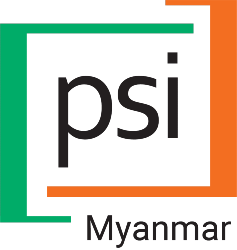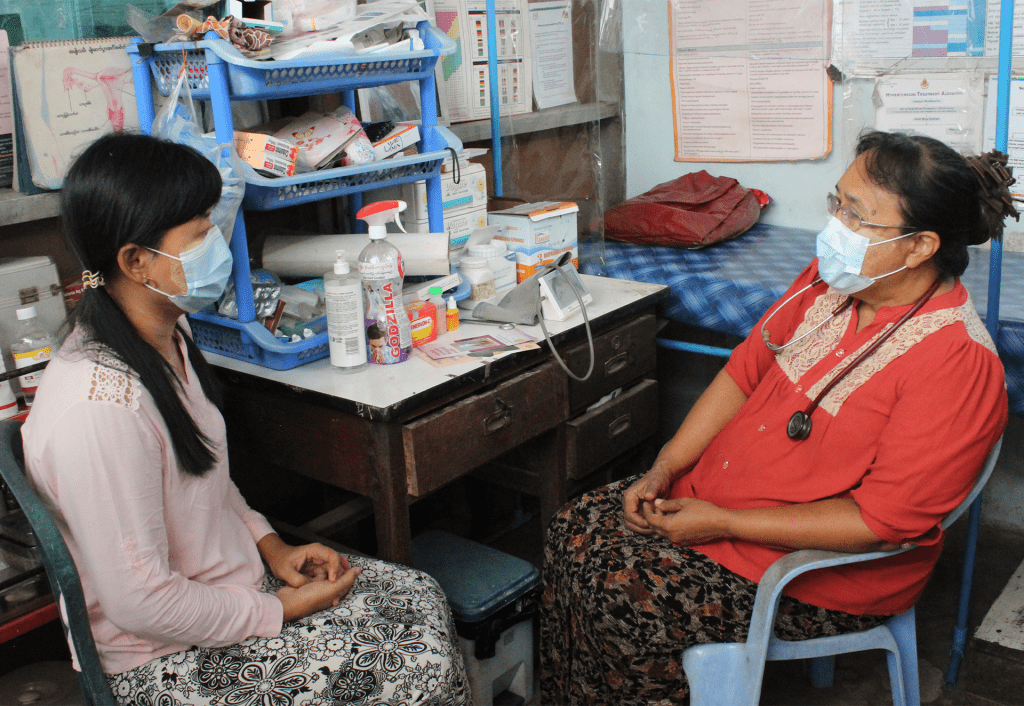HIV/TB
Our approach is to strengthen the health system. Emerging public health threats along with political, economic, and humanitarian crises severely impacted the global response to HIV and other infectious diseases, reversing years of slow but steady progress.
If current trends persist, 1.2 million people will be newly infected with HIV in 2025 — three times more than the global targets. Tuberculosis (TB) remains a leading cause of death among people living with HIV and AIDS, with more than 10 million people infected. Yet only a fraction of those affected are aware of their status, highlighting a significant gap in testing and linkage to treatment and care services.
In over 40 countries, PSI partners with governments, the private sector, communities, and other key stakeholders to strengthen healthcare systems and bring testing, prevention, treatment, and care closer to people living with or most affected by HIV, TB, and viral hepatitis.
MALARIA
Our commitment is to strengthen the health system. Malaria interventions are a critical entry point for strengthening health systems through public, private, and community networks at each level. We work closely with governments and other key stakeholders and strategic partners to strengthen health systems that deliver quality primary healthcare.
PSI supports national malaria control and elimination programs (NMPs) across 25 countries to deliver next-generation malaria vector control and innovative chemoprevention interventions, move quality malaria care closer to patients and caregivers, and create response-driven surveillance systems.
SEXUAL AND REPRODUCTIVE HEALTH
Our approach is to advance sexual and reproductive health and rights. Our work is grounded in ensuring the rights of all are protected and promoted so that everyone has equitable quality care and comprehensive information without discrimination. We know that access to SRHR isn’t just about preventing an unplanned pregnancy – it’s about building resilience in the world we are living in for a better future for all.
Along with our partners, we instill policies and practices to safeguard equitable access to quality, person-centered reproductive healthcare even in the event of climate-related shocks and other disruptions. This work is grounded in strategic partnerships with governments, the private sector, communities, individual consumers, and other key stakeholders to innovate and scale person-centered solutions to meet the diverse needs of people, wherever and whenever they need care, without discrimination
MOTHER, NEWBORN AND CHILD HEALTH
Our approach is to distribute to an equitable improvement in MNCH outcomes by driving demand generation and use of a flourishing private sector that uses differentiated service delivery and market-based products, bringing high-quality, respectful and affordable care closer to the most vulnerable people.
PSI works in partnership to increase access to MNCH-focused health care through awareness raising campaign, telehealth and digital coupon system driven to enhance the individuals/communities to have taken control of their own health.
NON-COMMUNICABLE DIESEASES
Non-communicable diseases (NCDs) represent the largest global burden of disease and number 1 silent killer that plagues a large percentage of the workforce and reduce productivity globally. WHO identifies four main groups of NCDs that contribute 82% of NCD deaths: cardiovascular diseases (CVDs), Diabetes, Chronic respiratory diseases and Cancers. Driven largely by four modifiable risk factors – NCDs are supported by lifestyle changes associated with globalization and economic transition.
PSI focuses on reducing NCD-related morbidity and mortality by using a multi-pronged approach through prevention: promoting healthy behaviors and health-seeking behavior and through case management: ensuring appropriate provision of quality services and building capacity for self-care.
WATER, SANITATION AND HYGIENES
Access to clean water, sanitation, and hygiene services (WASH) is crucial for public health, impacting child development, educational outcomes, and economic productivity. By ensuring equitable access to services, WASH interventions improve community resilience against diseases and environmental challenges.
PSI collaborates with local communities, governments, and private sector partners to create sustainable WASH market systems, ensuring accessible, affordable, and appealing solutions, allowing people to live happier, healthier lives.

